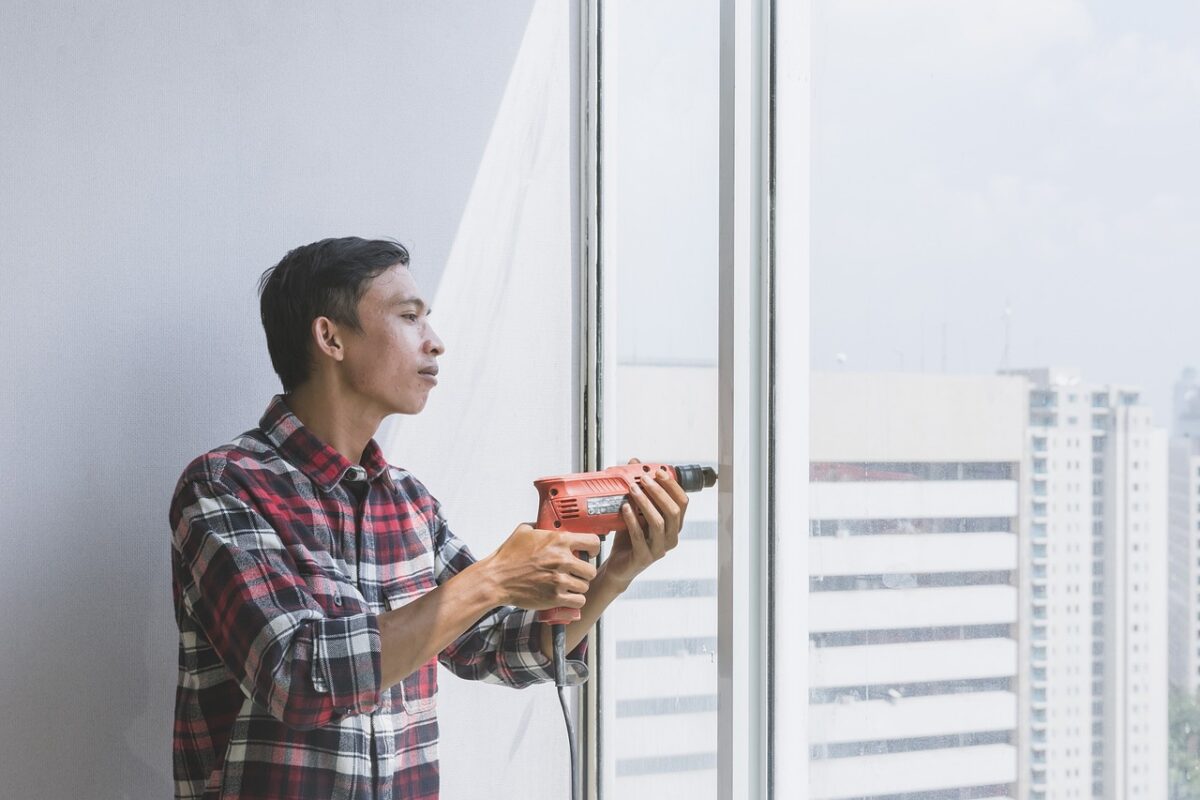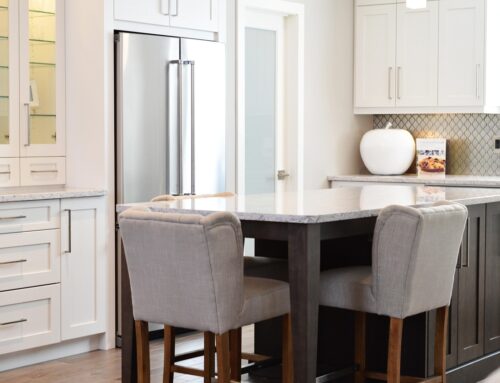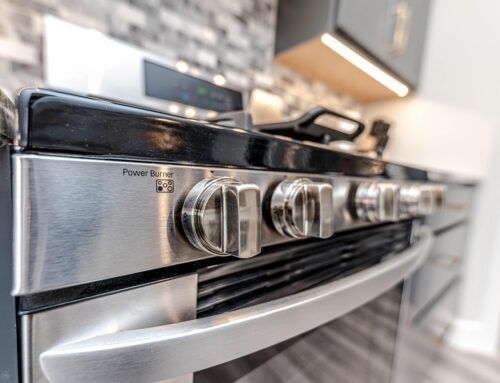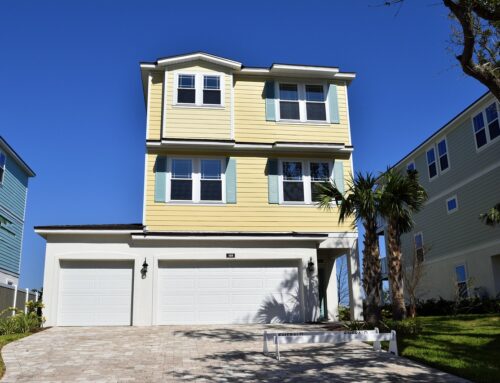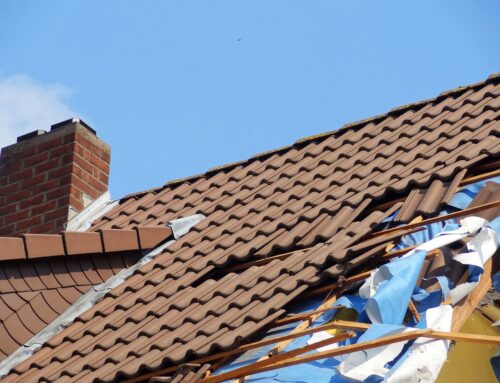Life in Florida includes lots of sunshine and beach days, but our region is also vulnerable to natural disasters like hurricanes, floods, and other severe weather events. The climate can be tough on our property – and keeping up with all the required maintenance issues can sometimes get away from us. However, if you do make a claim, signs of neglect can affect your insurance payout. Understanding how deferred maintenance plays a role in your insurance claim process is important for property owners who want to ensure their reimbursement is maximized.
What is Deferred Maintenance?
Deferred maintenance refers to repairs or upkeep that a property owner delays due to financial constraints, lack of time, or other reasons. This could involve issues such as a roof that needs repair, plumbing issues that aren’t immediately fixed, or not replacing old electrical wiring. Essentially, it’s any maintenance that should have been done but has been delayed or neglected.
Insurance policies are designed to protect homeowners and property owners from sudden and accidental damage. However, they often include clauses that require property owners to maintain their property in a safe and habitable condition. If the property is not well-maintained, it could significantly impact your insurance coverage or the payout you would receive in the event of a claim.
In Florida, where natural disasters like hurricanes and floods are a frequent concern, deferred maintenance can have an even larger impact on the outcome of an insurance claim. Here’s how:
- Failure to Maintain Property Can Lead to Denied Claims: Insurance policies typically contain a “Duty to Maintain” clause, which requires policyholders to take reasonable steps to maintain the property. This includes keeping the roof, plumbing, electrical systems, and other critical components of the home in good condition. If your property has visible signs of deferred maintenance, such as a leaky roof, mold buildup, or crumbling foundation, an insurer may argue that the damage caused by a hurricane or other event was not solely due to the storm but was instead a result of neglect. In this case, your insurance claim may be denied or reduced.
- Insurance Companies May Reduce Payouts: Even if an insurance claim is not outright denied, deferred maintenance can still lead to a reduced payout. Many insurance policies include depreciation clauses that account for the age and condition of the property before determining the payout amount. If your property has deferred maintenance, it may be viewed as being in poorer condition, which could reduce the replacement or repair costs that the insurer will cover.
- Hurricane Insurance and Roof Requirements: In Florida, where hurricanes are a major risk, insurers have specific requirements related to roofs and other structural components of homes. Many insurance companies require homes to have roofs that meet certain standards to qualify for coverage. If a home’s roof has deferred maintenance or is near the end of its useful life, the homeowner may face higher premiums, difficulty obtaining coverage, or even a complete denial of coverage. If a roof is not properly maintained, insurers may argue that the damage from a hurricane or storm could have been prevented or mitigated if proper maintenance had been performed.
- Mold and Water Damage Claims: Florida’s humid climate makes homes particularly susceptible to mold and water damage, and deferred maintenance in areas like plumbing or drainage systems can increase the risk. If mold growth occurs due to long-term water leakage from neglected plumbing, or if water damage worsens over time due to poor maintenance, the insurer may view this as negligence rather than as a result of a sudden, insured event. As a result, your insurance payout may be reduced, or the claim may not be honored at all.
Tips to Avoid Issues with Insurance Payouts
- Regular Inspections: Schedule regular inspections of your home, especially before hurricane season, to ensure that everything is in working order.
- Maintain Key Components: Keep up with essential home maintenance, like roof repairs, plumbing inspections, and electrical system checks.
- Document Repairs: Keep records of any repairs or maintenance performed on your property. This can help you demonstrate that you have taken reasonable steps to maintain the property.
- Review Insurance Policy: Understand your insurance policy’s requirements and exclusions. Consider working with an insurance agent to ensure you have the appropriate coverage for your property’s condition.
Staying on top of maintenance and addressing issues as they arise is crucial for ensuring your property is adequately protected. For even more peace of mind, call Anderson & Associates Insurance Group. We are here to help you get the most robust insurance coverage possible.


